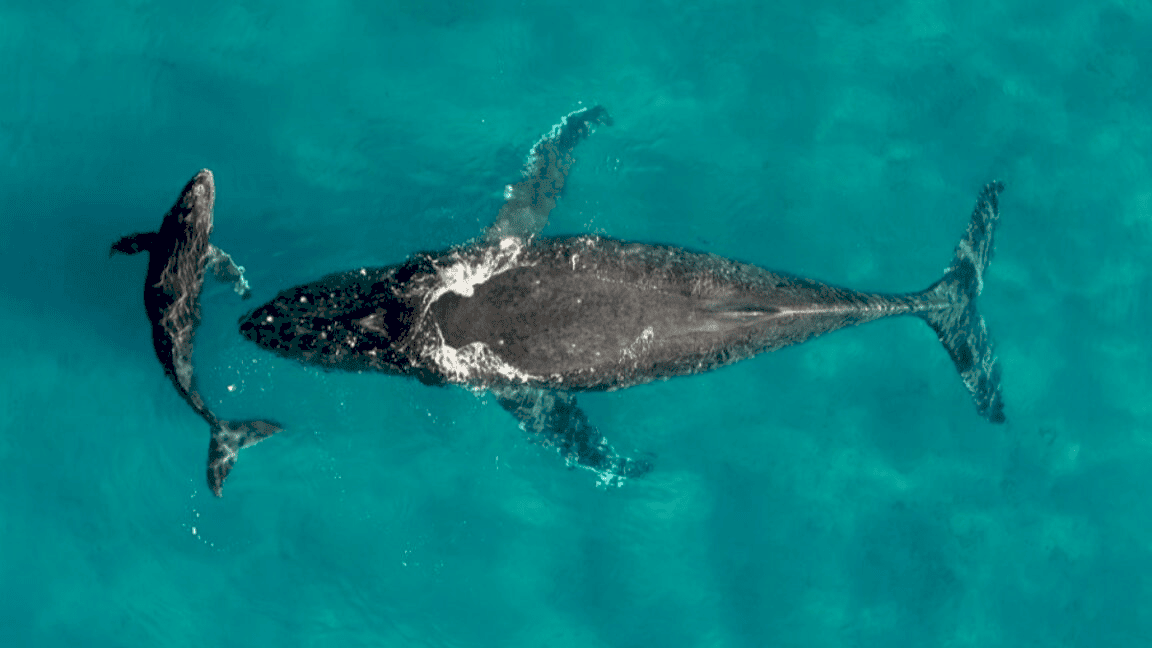Recent research highlights the significant role of whale urine in enriching ocean ecosystems. A study published in Nature Communications reveals that whale urine contributes essential nutrients, particularly nitrogen, to coastal waters, which supports the growth of phytoplankton and other marine life.
Co-author Joe Roman, a biologist at the University of Vermont, notes that while many recognize plants as the planet’s lungs, animals, including whales, also play a crucial role in nutrient cycling. They act as a circulatory system, distributing vital nutrients across vast distances during migrations.
In earlier research from 2010, Roman and his team estimated that whales and seals could replenish approximately 23,000 metric tons of nitrogen annually in the Gulf of Maine alone. This latest study emphasizes the importance of whale urine, which helps sustain coral reef ecosystems and boosts plankton growth in nutrient-poor coastal areas.
As ocean health becomes increasingly vital, understanding the contributions of marine mammals like whales could inform conservation efforts and highlight the interconnectedness of life in our oceans.





